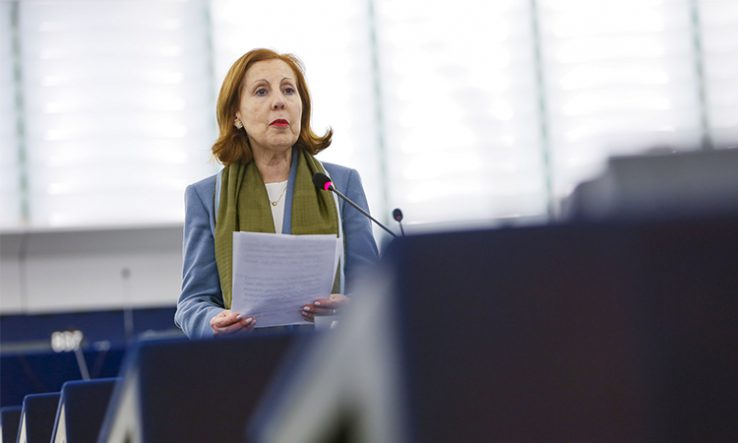
EU’s thematic innovation networks need more gender and geographical balance, according to MEP
A launch event for a new seven-year strategy for the European Institute of Innovation and Technology has heard that the EU body needs to work more on its gender and geographical representation.
Speaking at the 14 June event, Maria da Graça Carvalho, the lead MEP on the EU legislation that defined the strategy, said the funder and coordinator of innovation networks had further work to do in this regard.
The EIT is “very dominated by men at all levels”, said Carvalho, adding that “we need to make an effort for gender balance”, while keeping excellence as a core focus for activities.
Aside from gender equality, the EIT must strive for better geographical representation, Carvalho said.
“The EIT until now has been very concentrated mainly in five countries, so we really need to make an effort to have more balance,” she said, without naming the countries in question.
The EIT, which has implemented a gender action plan and has a female chair and a 50 per cent representation of women on its governing board, declined to comment on Carvalho’s criticism.
‘Important role’
The EIT’s 2021-27 strategy, which became EU law in late May 2021, calls on the body to pay “particular attention” to “gender balance and gender-sensitive approaches” across its work.
“We definitely need to change something,” the European commissioner for innovation, Mariya Gabriel, said at the event, referring to the EU generally and the share of women who choose to found companies or secure patents.
The EIT has a “very important role to play” when it comes to rectifying the underrepresentation of women in innovation, Gabriel said, citing visibility, school education and network-building among women as areas to work on.
Those gender-equality priorities were largely shared by Kirsten Dunlop, the chief executive of the EIT’s thematic network on climate, who also spoke at the event.
“It’s partly a question of building a stronger vision for possibility; partly a question of education, skill-building, capability; partly an acknowledgement at the moment of the impact of Covid in the last two years,” Dunlop said.
The pandemic and the uneven burden of domestic caring responsibilities are “really denting some of the progress that was coming through” around gender balance in innovation, she added.
Regional innovation framework
The event followed an announcement by the EIT on 10 June that, as part of its new strategy, it had adopted an implementation framework for its regional innovation scheme, which was introduced in 2014.
The framework will help the EIT strengthen innovation capacities across Europe, the institute said, including by increasing tailor-made support for local ecosystems and involving more higher education institutions, businesses and other research organisations.